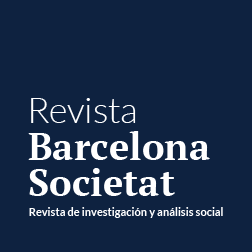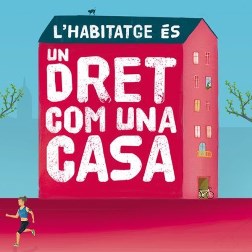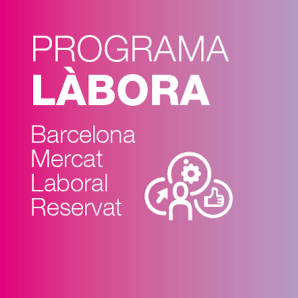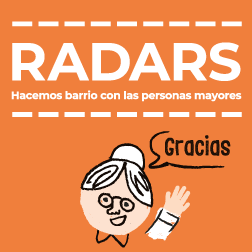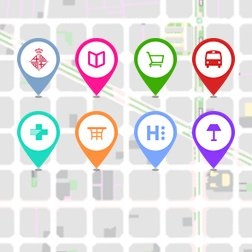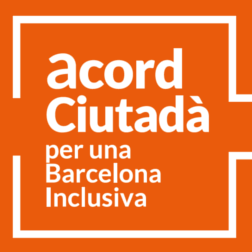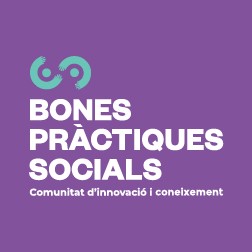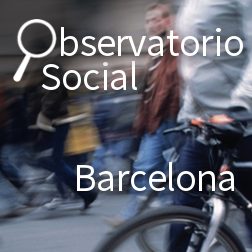In Barcelona we are fostering people’s autonomy so that they can escape from poverty and exclusion while overcoming the logic of welfarism. Having a job is no longer a guarantee for escaping poverty. A job market where more and more people are excluded or suffer job insecurity and a housing market that forces draconian economic obstacles on households are causing a rapid growth in the number of working poor. Simultaneously, a lack of structural support condemns a significant part of the population to exclusion. This is why a guaranteed income has become a key measure, especially at a municipal level. There are no individual solutions to structural problems. How can you think about the future when your everyday needs are not covered? How can you be enterprising when you do not have the basic materials that offer a minimum amount of security?
In order to respond to these questions, Barcelona is implementing B-MINCOME, a pilot project that combines a set of innovative, pioneering policies aimed at combating poverty and exclusion in disadvantaged areas of the city. The project has a budget of €17 million, 5 of which are provided by the EU's Urban Innovative Actions programme and 12 by Barcelona City Council. The project aims to assess the efficiency and effectiveness of combining a passive policy, in the form of financial help – the Municipal Inclusion Subsidy (SMI) – with four active policies covering training and employment, the social and solidarity economy, help with renting out rooms and community participation. Since the end of 2017, the SMI has been a reality for 950 family units in ten Eix Besòs neighbourhoods, which indirectly benefits 3,761 people.
Although things are at a preliminary stage, early assessments show that, thanks to the SMI, the beneficiaries have experienced lower levels of stress and a reduction in their most immediate material worries, as well as an improvement in their general well-being. The evidence collected also indicates that the participants give priority to increasing their training, so that they do not have to depend on public benefits in the future. Receiving the SMI allows them to focus their energy on building, learning and establishing links which create a network and increase their empowerment. The implementation of the four active policies that complement this benefit is also of fundamental importance, especially because of their influence on the area and the possibility they offer for participants to reinforce their links to, participation in and cohesion with their neighbourhoods and the social and community networks they contain.
B-MINCOME is attracting the attention of other European cities, as it will make it possible to discover whether implementing municipal minimum incomes has positive effects on reducing poverty and exclusion and revitalising disadvantaged areas. This project was created in order to innovate and improve social policies, based on empirical evidence. In this way, the resulting knowledge helps us to progress towards a new social policy model which prioritises empowering people, providing them with more and better resources that enable them to escape from the various forms of poverty and exclusion in which they live. Barcelona is therefore becoming a leading and pioneering city in social innovation and in the fight against inequality.
In this issue of Barcelona Societat, the authors offer us a variety of perspectives on various aspects of income policies. Approaches that were very influential in the creation of the B-MINCOME project, but also in other measures promoted by the municipal government for transforming the way in which social services provide support for people and families in a vulnerable situation. This monograph contributes elements for discussion through theoretical reflection on and the evaluation of policies, in order to eschew the clichés and idealogical apriorisms which, in the end, make it harder to improve the tools used for combating poverty and exclusion and, ultimately, making progress in the guaranteeing of rights.
Laia Ortiz
Deputy Mayor of Social Rights
Barcelona City Council


